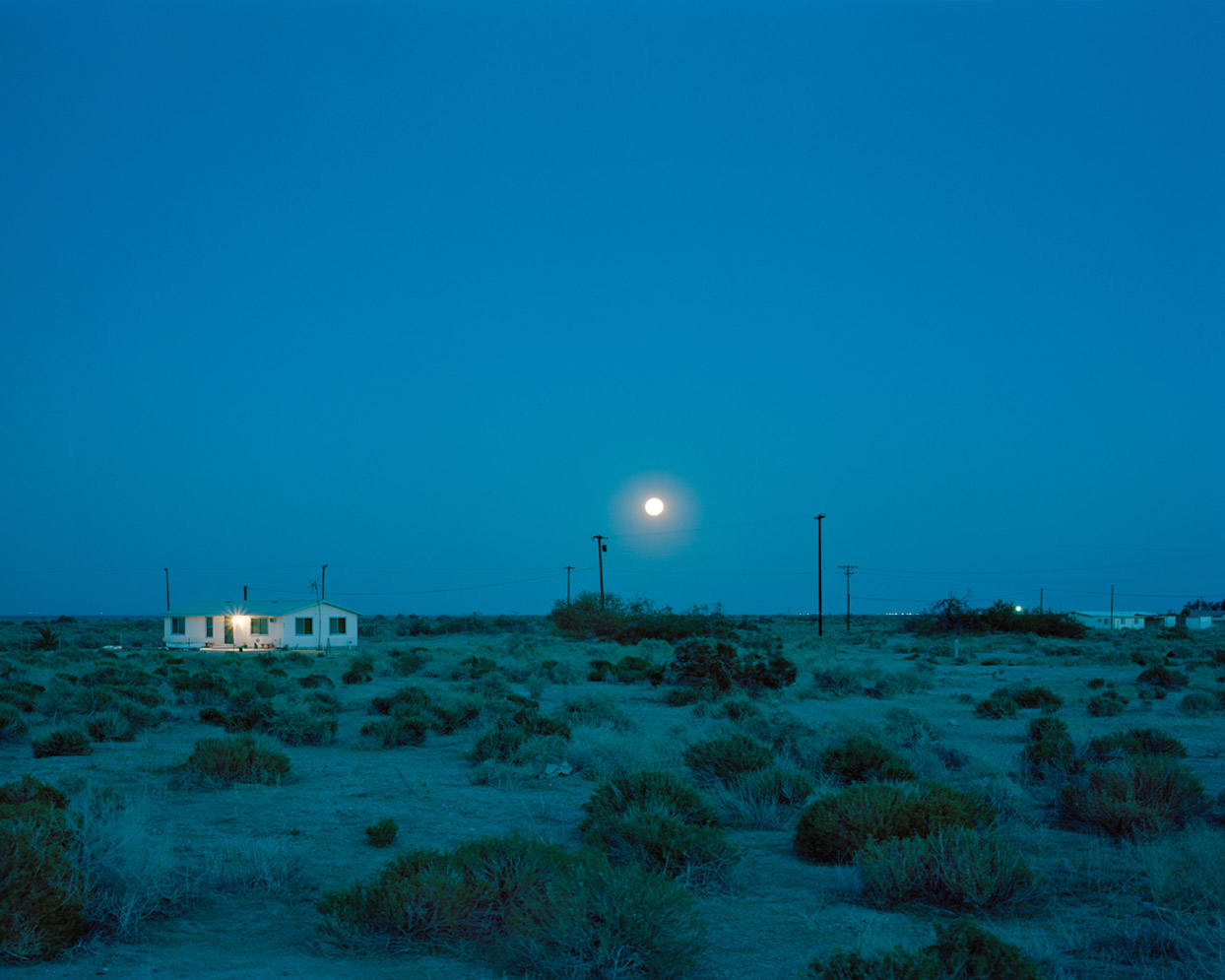
With a classic North American cross-country road trip in mind, Italian photographer Nicholas Albrecht sold his digital camera, bought a motor home and hit the road. But within a few days of arriving at the Salton Sea — an enormous salt-water lake in the Southern California desert — those plans went out the RV window. Albrecht ended up staying for 10 months, during which time he developed a unique vision of this oft-documented region that has been plagued by both environmental and economic decay.
“Something really captured me about the place,” Albrecht said. “I had this idea that what I was feeling there hadn’t been photographed.”
For the first three months, the photographer walked the streets of Salton City and Salton Sea Beach without his camera, hanging out in bars and at birthday parties and even tagging along on a family trip to Disneyland, absorbing his surroundings.
When he finally did pick up a camera, a Wista 4×5, Albrecht avoided making yet more images of dead fish, graffiti and other signs of deterioration that the region has become known for. Most noticeably absent from his pictures is the sea itself.
Instead there are landscapes of the empty streets and seemingly endless desert that surround the water. His pictures reflect the isolation that Albrecht experienced living alone in his motor home — so far from his neighbors, he said, that he could drink his morning coffee naked outside and no one would notice.
“At night, when the sun goes down, there is no light. Everything goes dark, you really do feel alone,” said Albrecht. “Living in the motor home by myself without electricity really pushed that idea of isolation even further.”
This living situation, coupled with his immersion in the local culture, began to change Albrecht in surprising ways. He found himself becoming more quick-tempered; his speech grew course. These unanticipated shifts soon became the focus of his photographic documentation. Not a documentary in the traditional sense, but rather, a record of the photographer’s personal experience of a place.
“I realized I could be that [different] person and ultimately it depends on the environment that surrounds me,” he said. “I’m searching for something that is not tangible.”
Earning the nickname “Johnny Depp of the Salton Sea,” Albrecht said his outsider status helped him to gain access. “It became kind of an exotic thing for them to have this Italian photographer,” he said. “I think some of the families were competing to see who would have me over for dinner because they could say ‘the Italian is here.’”
The resulting photographs, taken during his initial 10-month stay in 2010 and 2011 and on an additional three-month trip in 2012, mirror Albrecht’s personal transformation. A jumble of portraits, landscapes and still lifes, they are tied together by a quiet, and at times surreal, atmosphere. And Albrecht’s newfound friends and neighbors in Salton, at his request, often posed shirtless and barefoot, vulnerable in front of his lens.
“It’s no longer about photographing a person and trying to tell their story,” he says. “It’s more about trying to tell the relationship between that person and myself.”
Nicholas Albrecht is a San Francisco-based photographer. See more of his work on his website.
Alissa Ambrose is a Brooklyn-based photo editor and multimedia journalist. Follow her on Twitter @alissa_ambrose.
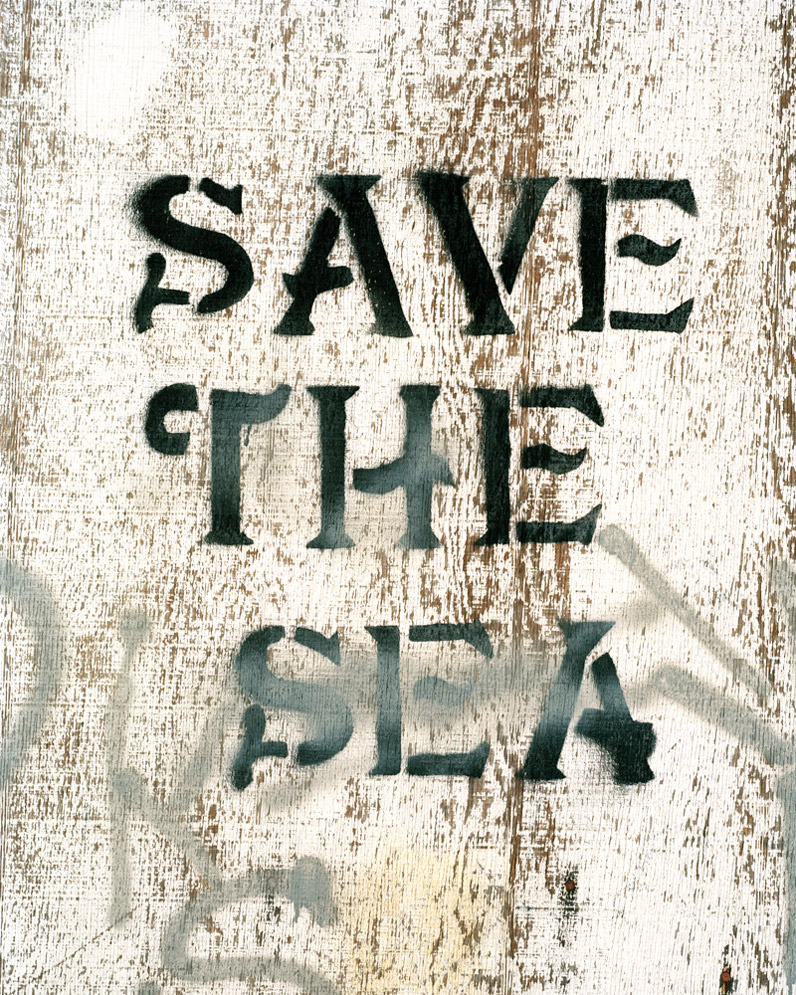

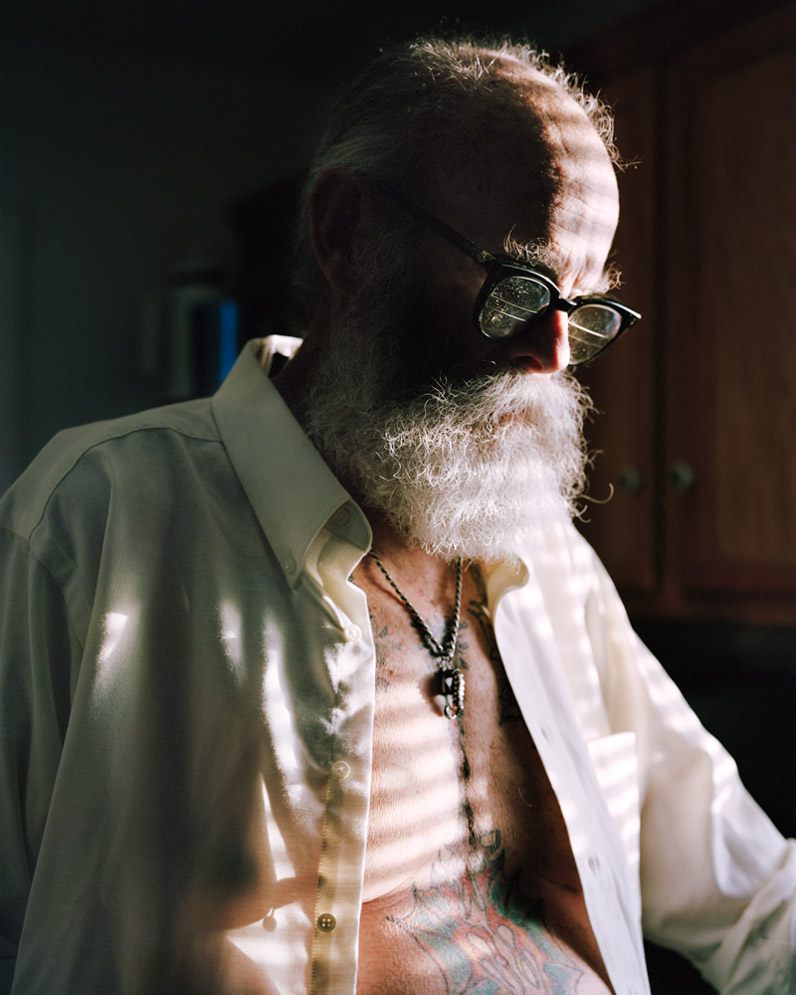
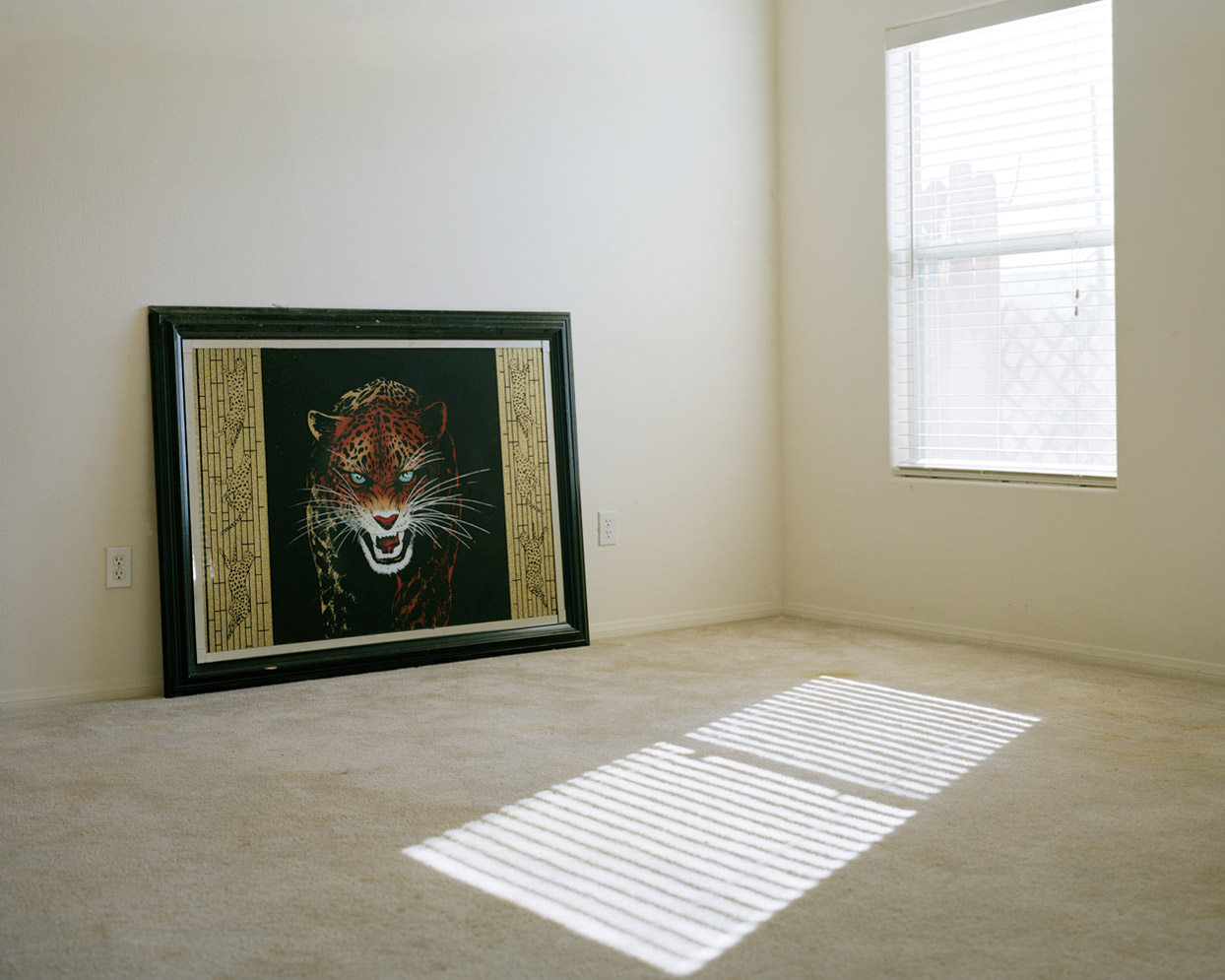
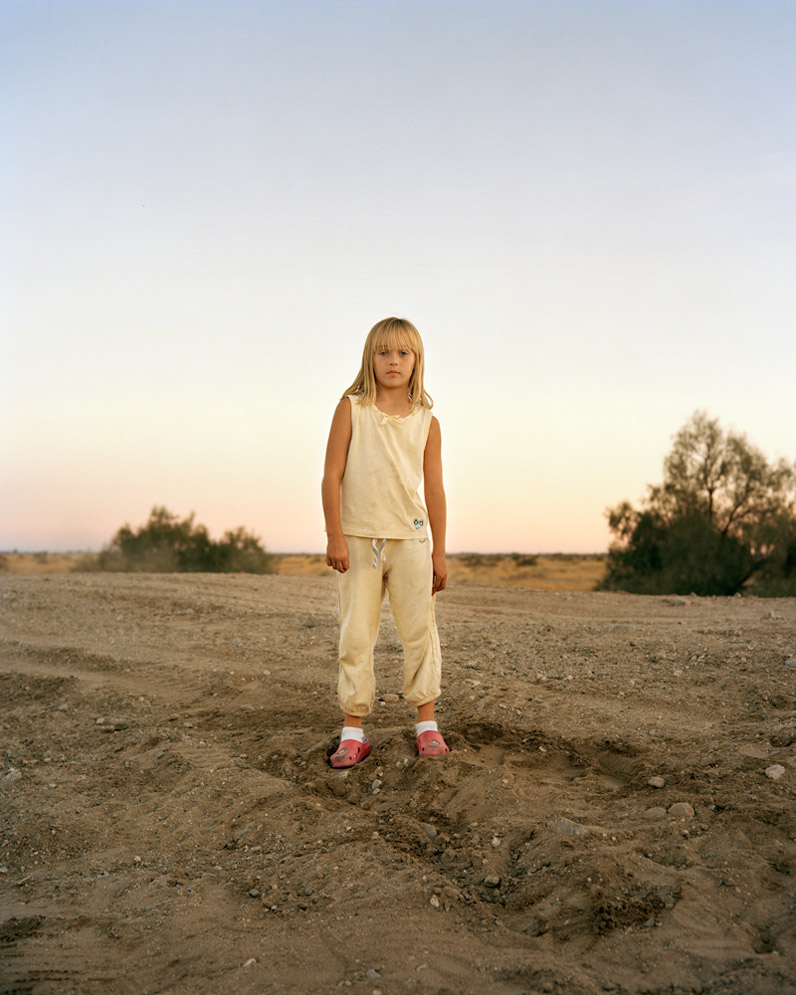
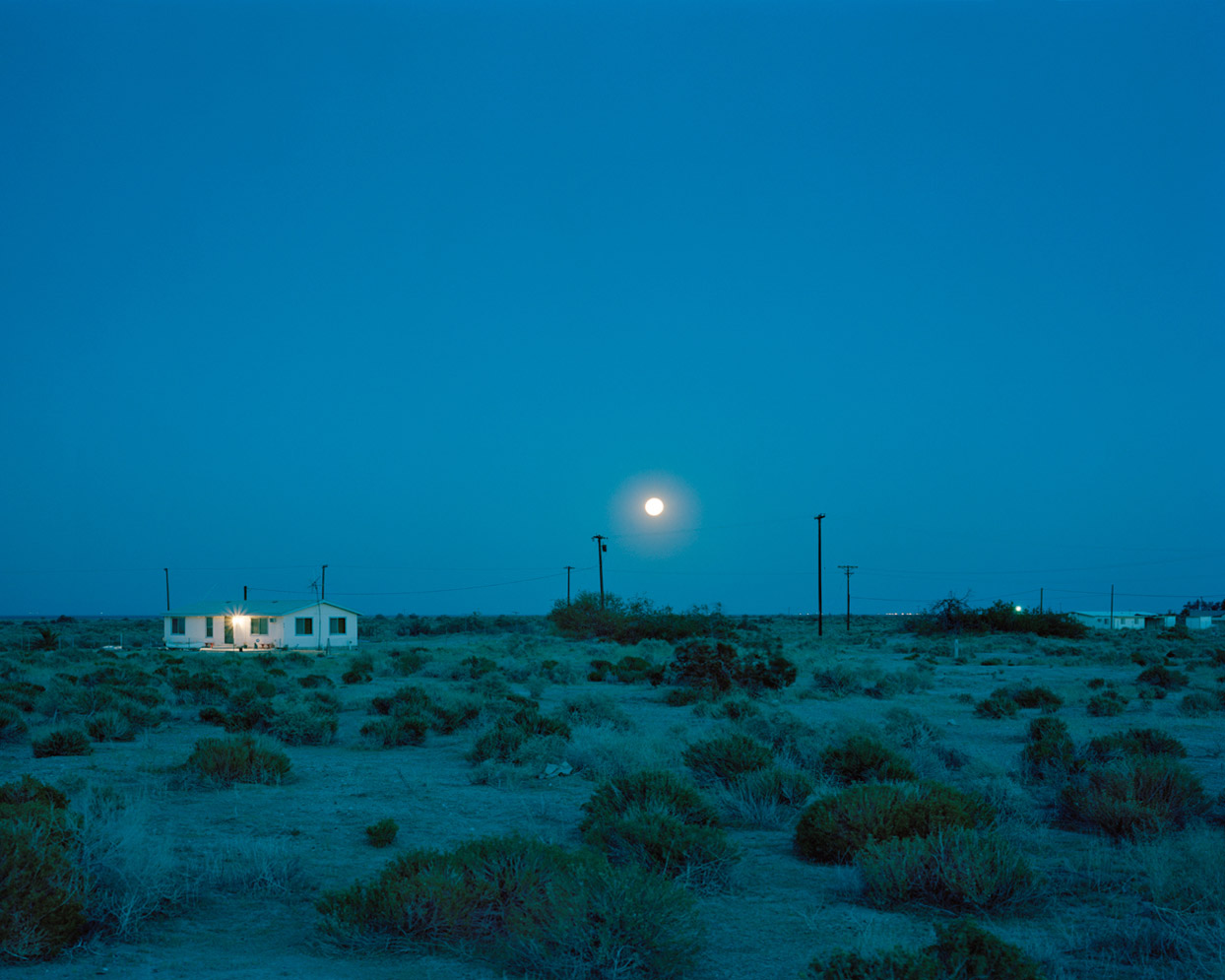
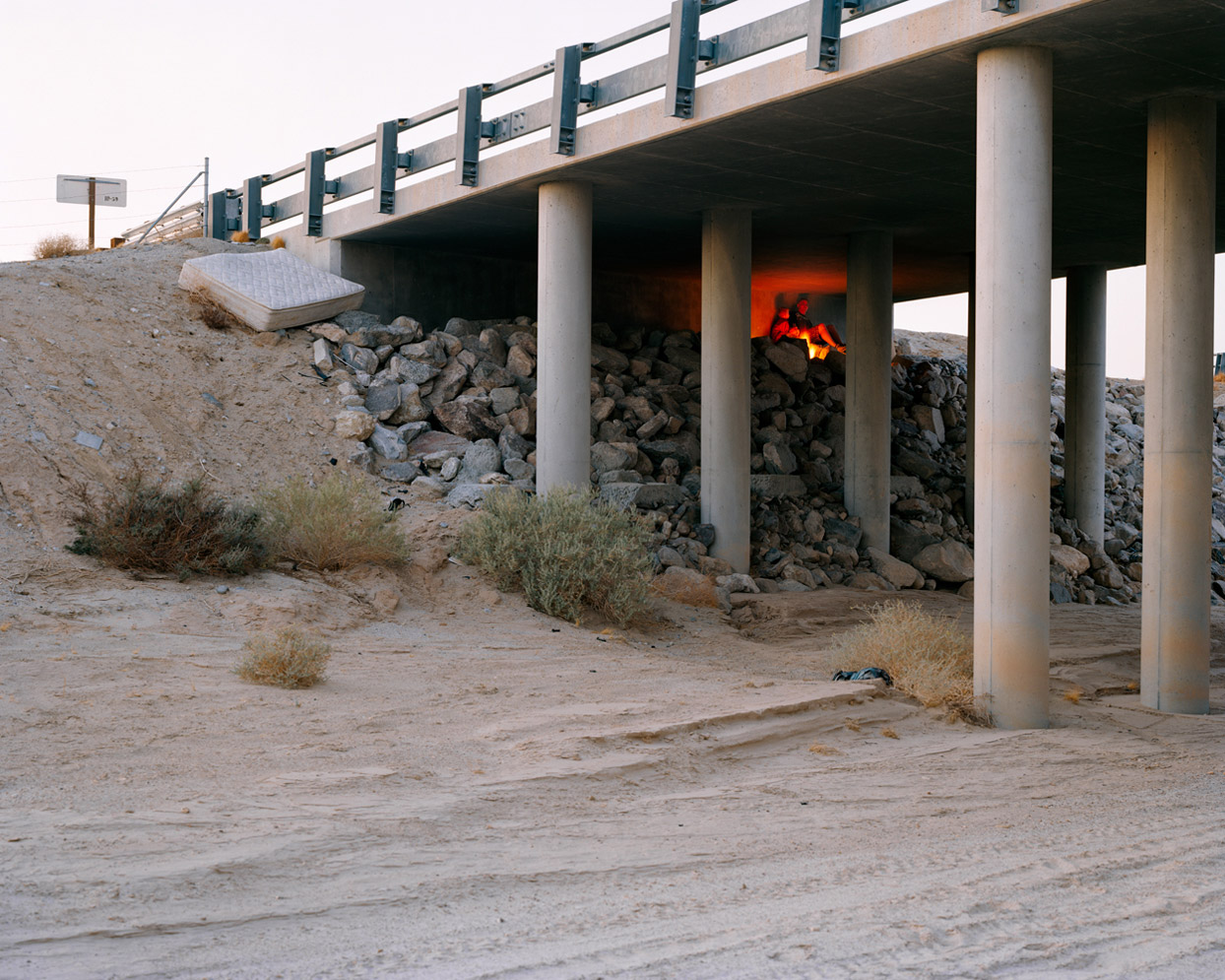

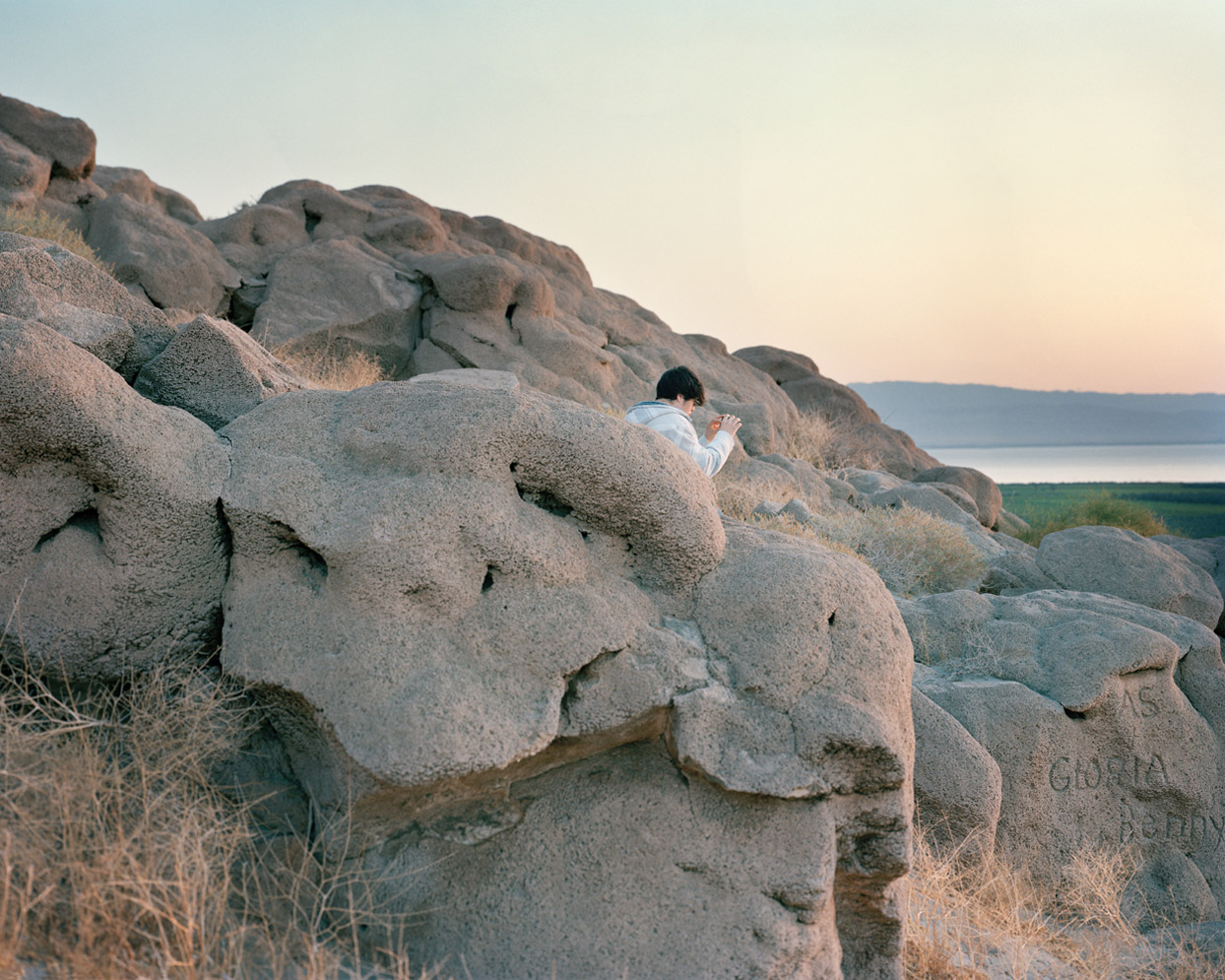
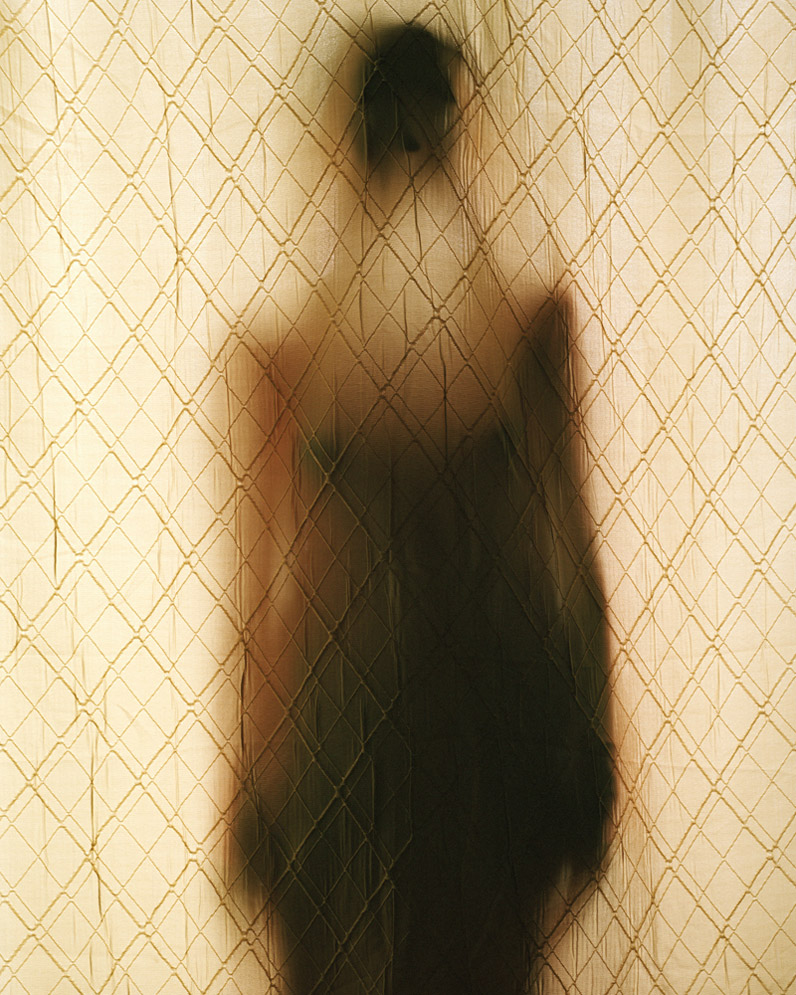


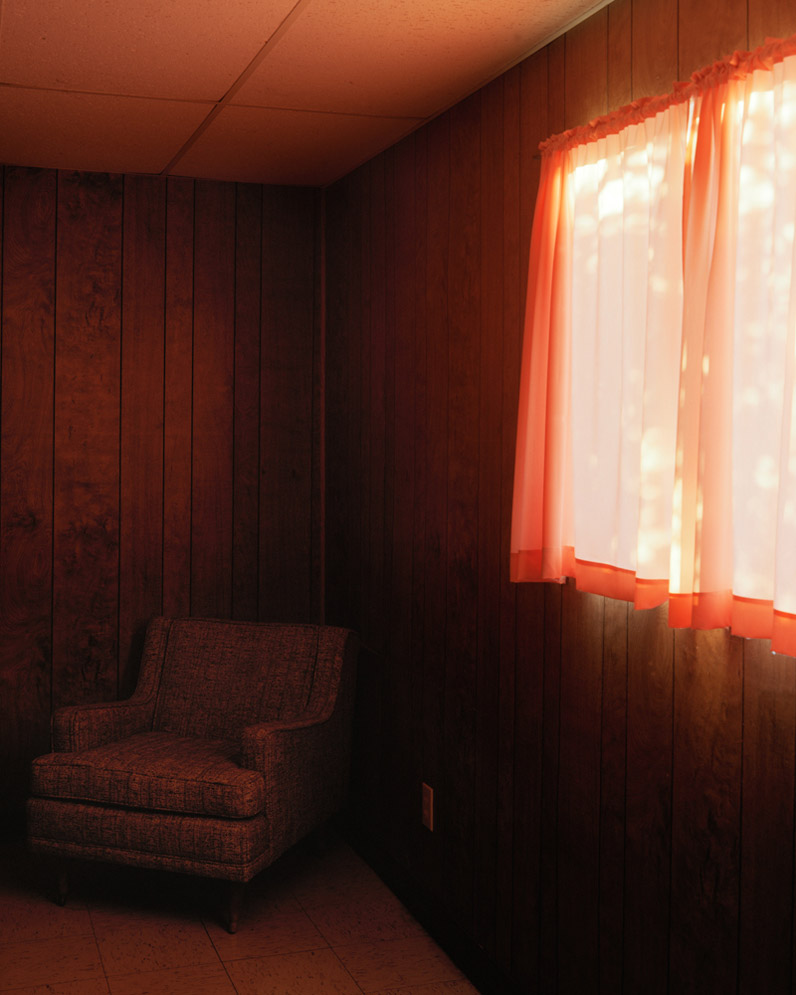
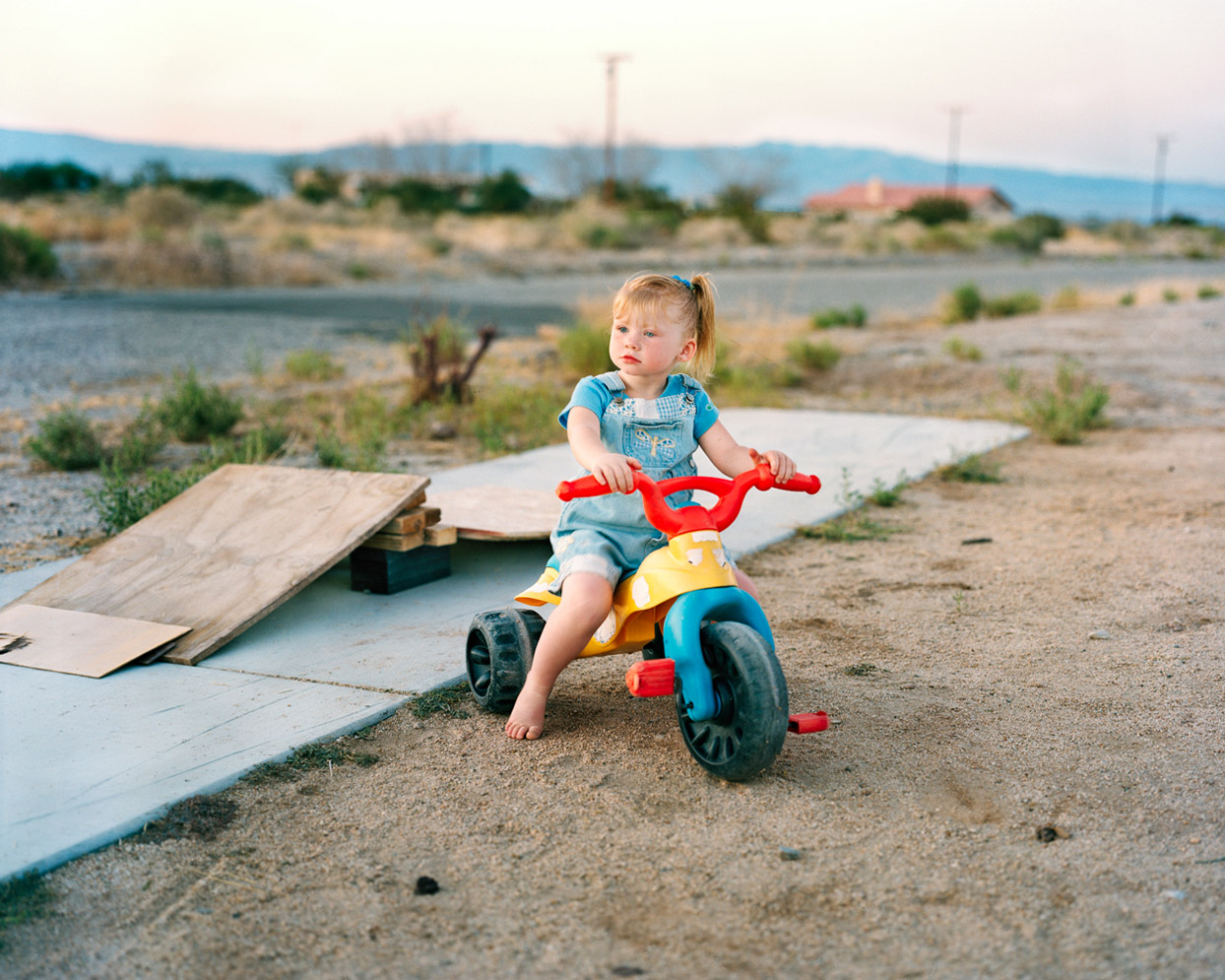
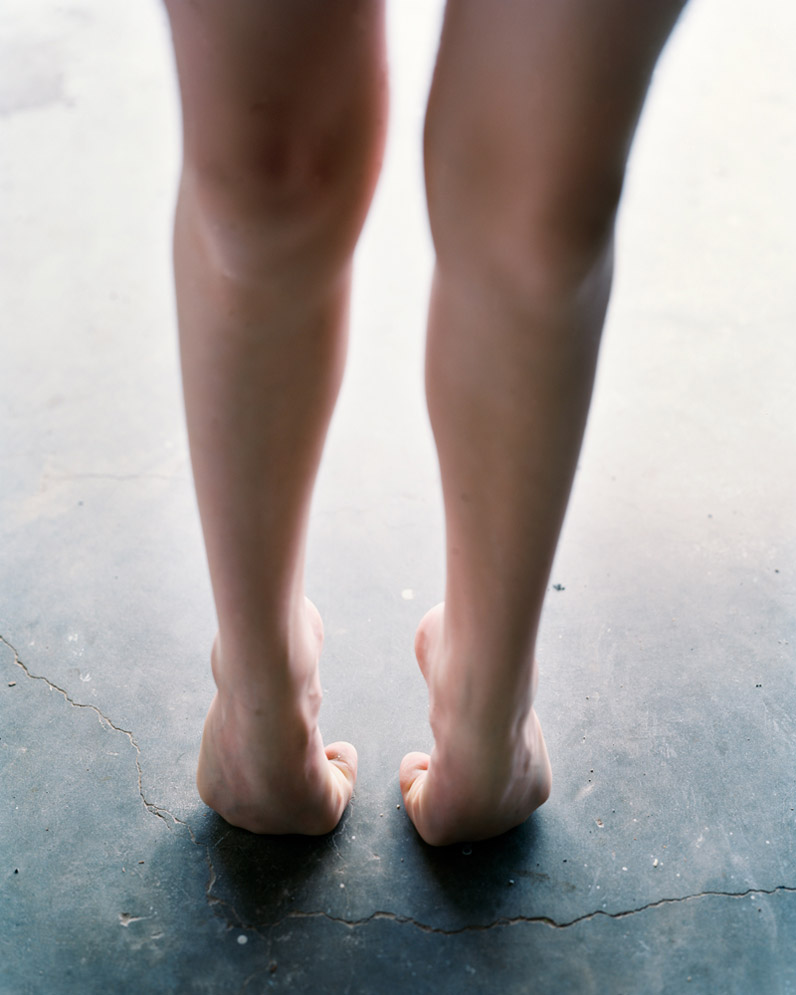
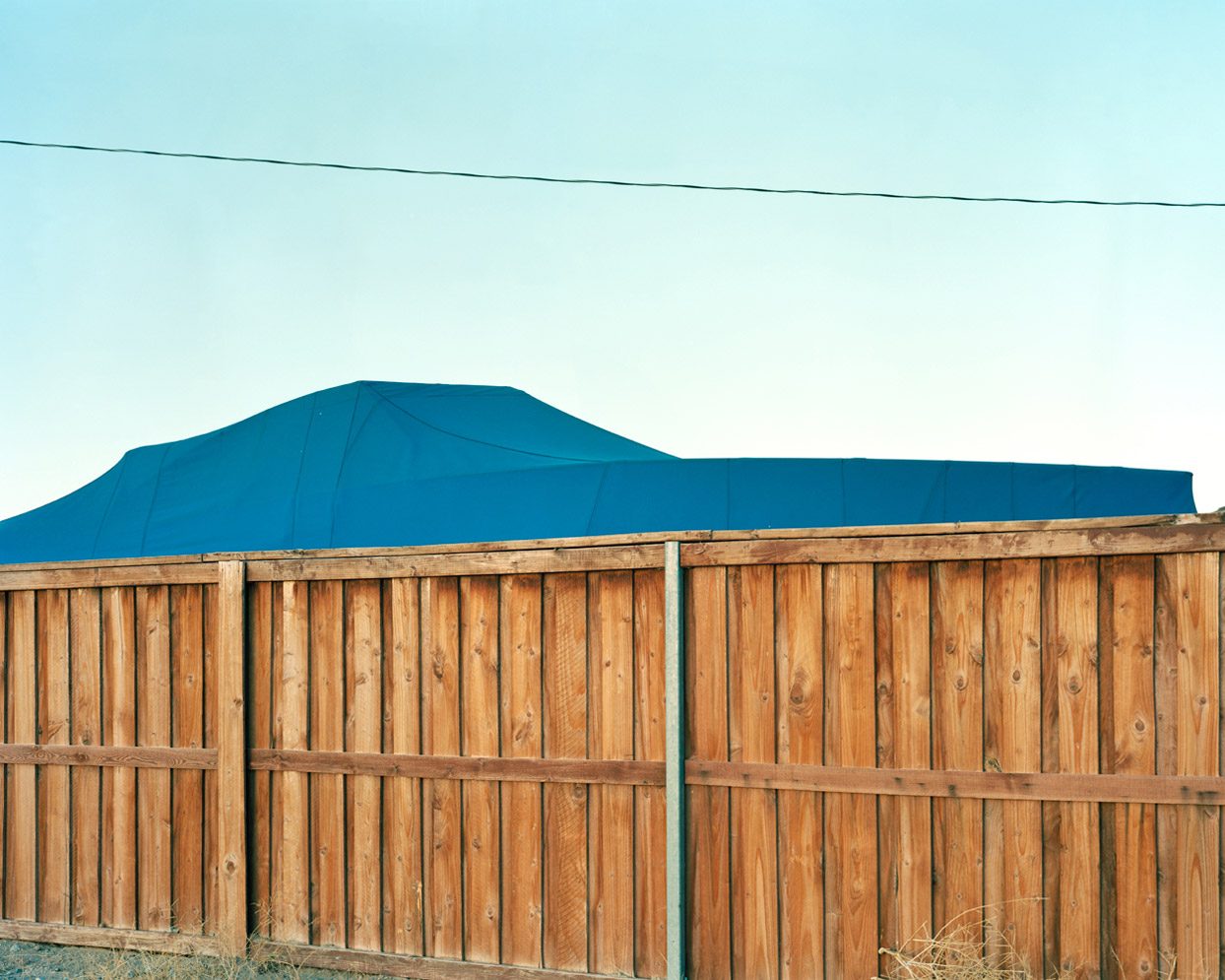
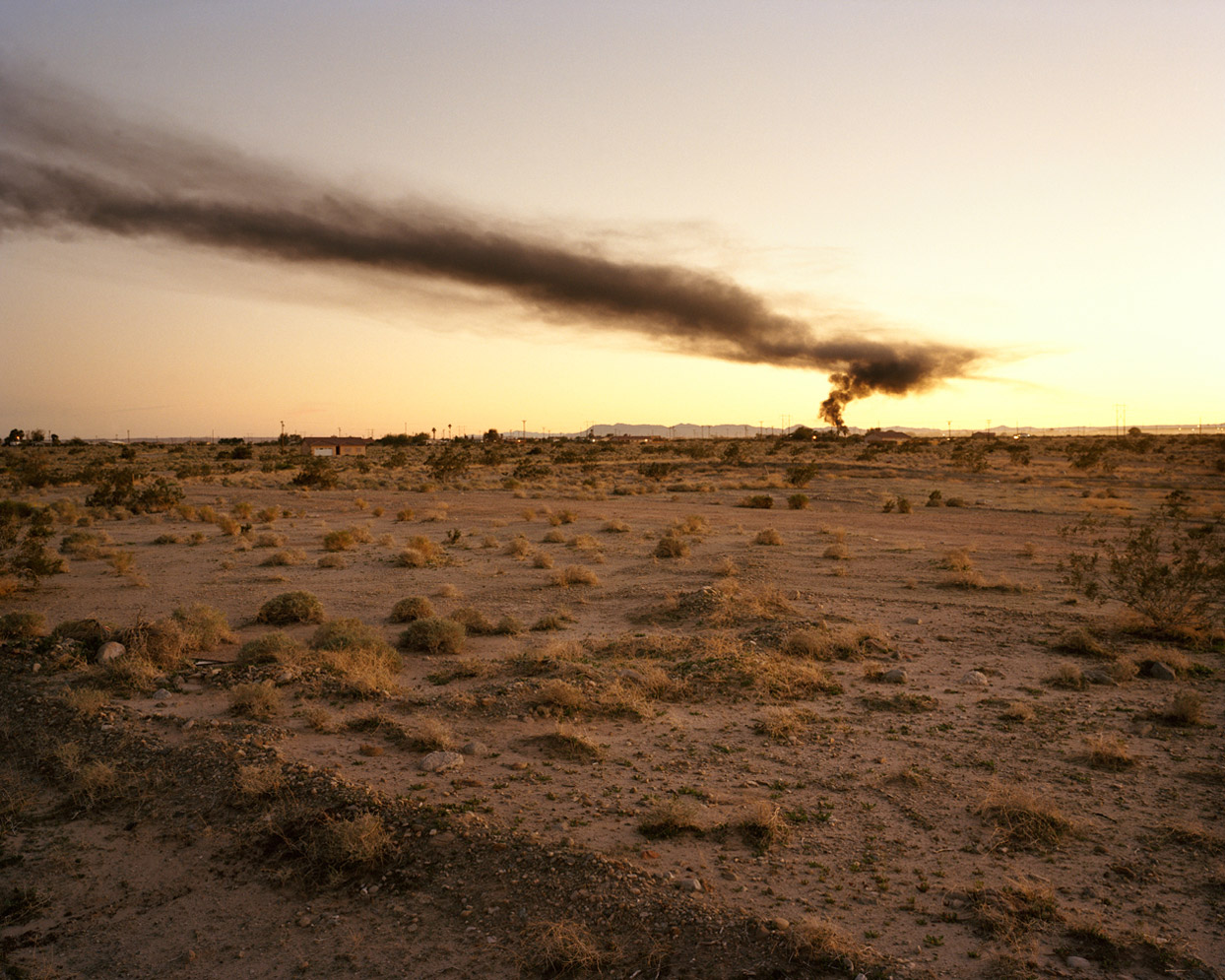
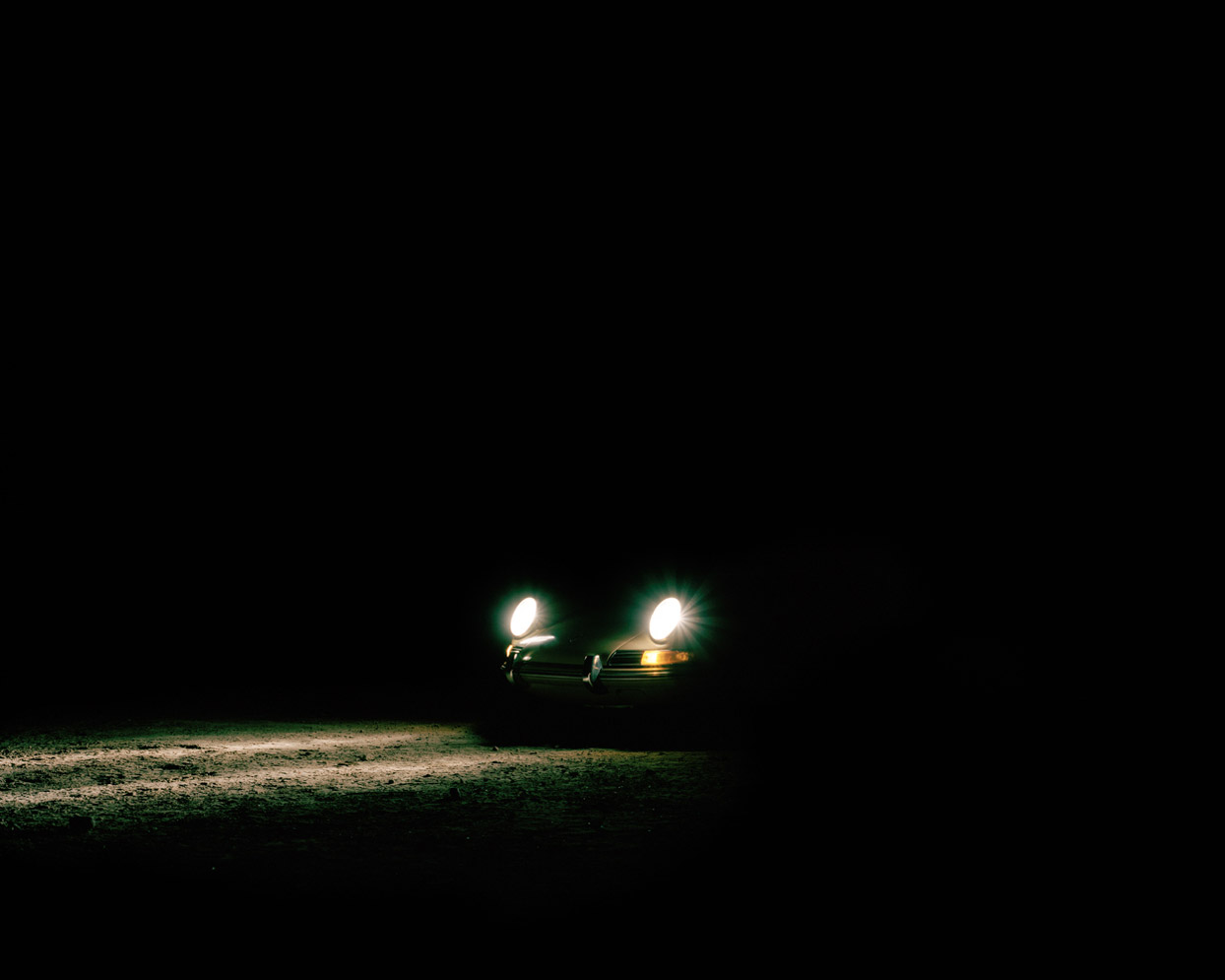
More Must-Reads From TIME
- Dua Lipa Manifested All of This
- Exclusive: Google Workers Revolt Over $1.2 Billion Contract With Israel
- Stop Looking for Your Forever Home
- The Sympathizer Counters 50 Years of Hollywood Vietnam War Narratives
- The Bliss of Seeing the Eclipse From Cleveland
- Hormonal Birth Control Doesn’t Deserve Its Bad Reputation
- The Best TV Shows to Watch on Peacock
- Want Weekly Recs on What to Watch, Read, and More? Sign Up for Worth Your Time
Contact us at letters@time.com